When it comes to clothing and textiles, a pop of color or patterns can make all the difference. Thanks to digital printing, this can be achieved not only for casual essentials such as t-shirts and tote bags, but even for gowns and more elaborate pieces of clothing.
Some high-fashion pieces, such as the designs of UK-based Filipino designer John Herrera and even renowned Japanese designer Yuima Nakazato, have been created with digital printing. Nakazato’s stunning and intricately printed outfits hit the runway at the Paris Fashion Week, showcasing endless possibilities in textile printing.
This can also be done by smaller textile shops, with the same quality on subtle details such as hues, lines, and color ink diffusion.
The Epson SureColor F6430 is a large-format, dye-sublimation printer designed for small to mid-sized textile production. It boasts high-performance printing with reliable and superior quality, making it a popular and trusted choice for those in the textile industry.
As a company committed to creating eco-considerate products for a better future, Epson has recognized the potential of digital textile printing as an eco-efficient option for clothing. Compared to silk screen printing, digital textiles require less water and energy and fewer chemicals.
The commitment to keeping textile production environmentally friendly aligns with Epson’s “Engineered For Good” brand campaign messaging, where sustainability is embedded in all products.
“Epson has printing solutions for almost everything, including textile printing, ensuring top-tier quality,” said Epson Philippines President and Director Masako Kusama. “But more than just that, we ensure they are environmentally sustainable, which is crucial for the fashion industry in the era of overconsumption and unsustainable practices.”
One of the other advantages of digital printing, through the Epson SureColor F6430, is the speed of production. Dye sublimation printing reduces time spent on multiple screens and manual alignment, compared to silkscreen printing which needs screen preparation for each color and design. This allows tailor shops to fulfill orders faster and to serve several clients without having to compromise on quality.
The Epson SureColor F6430 is also designed to avoid ink bleeding and uneven color distribution, even with more complex patterns, gradients, and photographic images.
Specific features of the Epson SureColor F6430 include:
- 44” digital dye sublimation textile printer
- PrecisionCore Micro TFP printhead with 1.33-inch printhead width and nozzle verification technology
- New Integrated Ink Pack System with 45% increase in ink capacity
- Auto Take-up Reel ensures stable and continuous media take-up
- Improved usability with 4.3” LCD touch panel & 120% larger maintenance space
“The fashion industry in the Philippines is rich, diverse, and filled with beauty—through Epson’s digital textile printing solutions, these visions can be brought to life,” Kusama concluded.
Digital textile printing is a game-changer for the fashion industry, paving the way for tailoring businesses to enhance their creative capabilities, improve their operational efficiency, and subscribe to an eco-conscious operation.





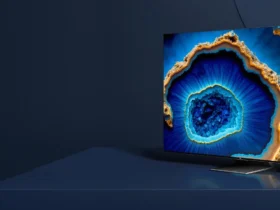





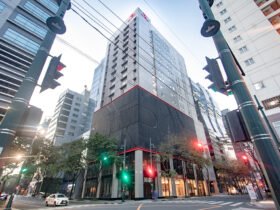
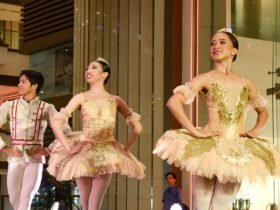
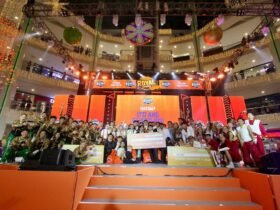
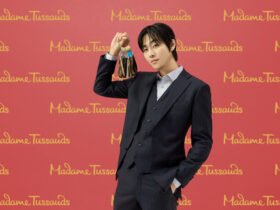



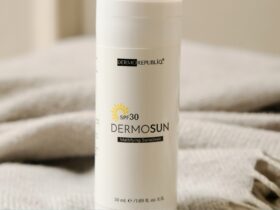

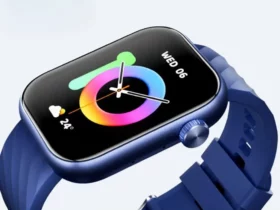
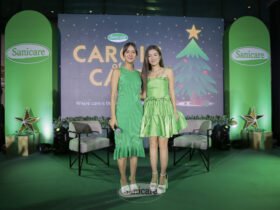

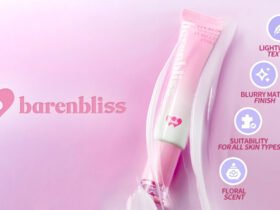
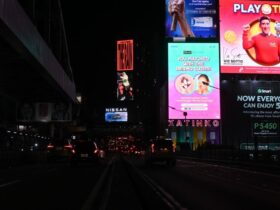
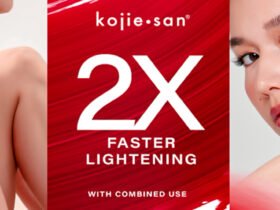
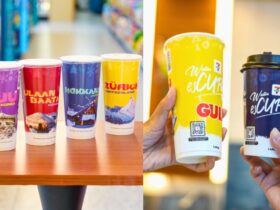
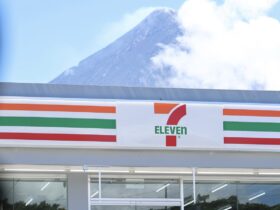



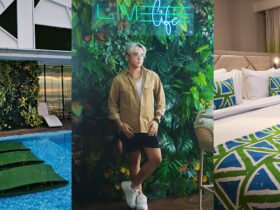
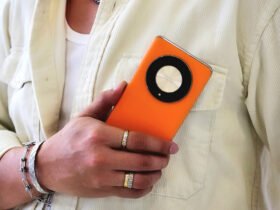
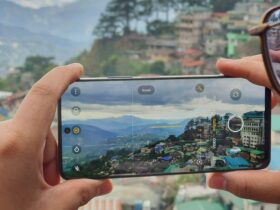

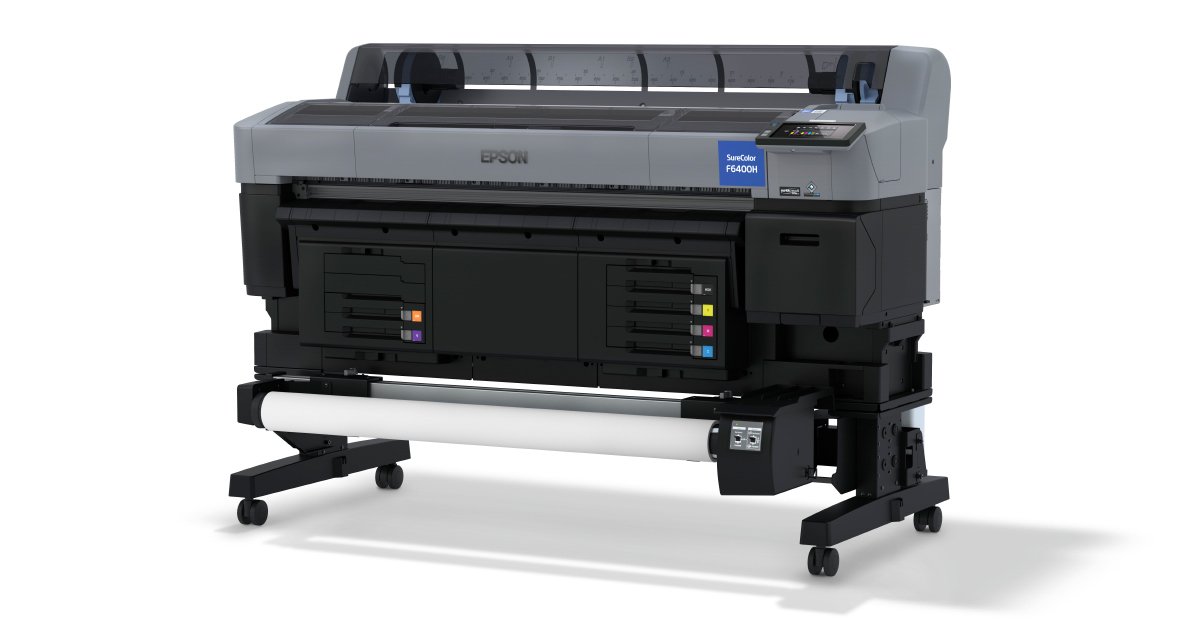

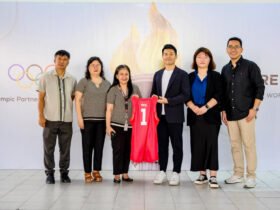











Leave a Reply